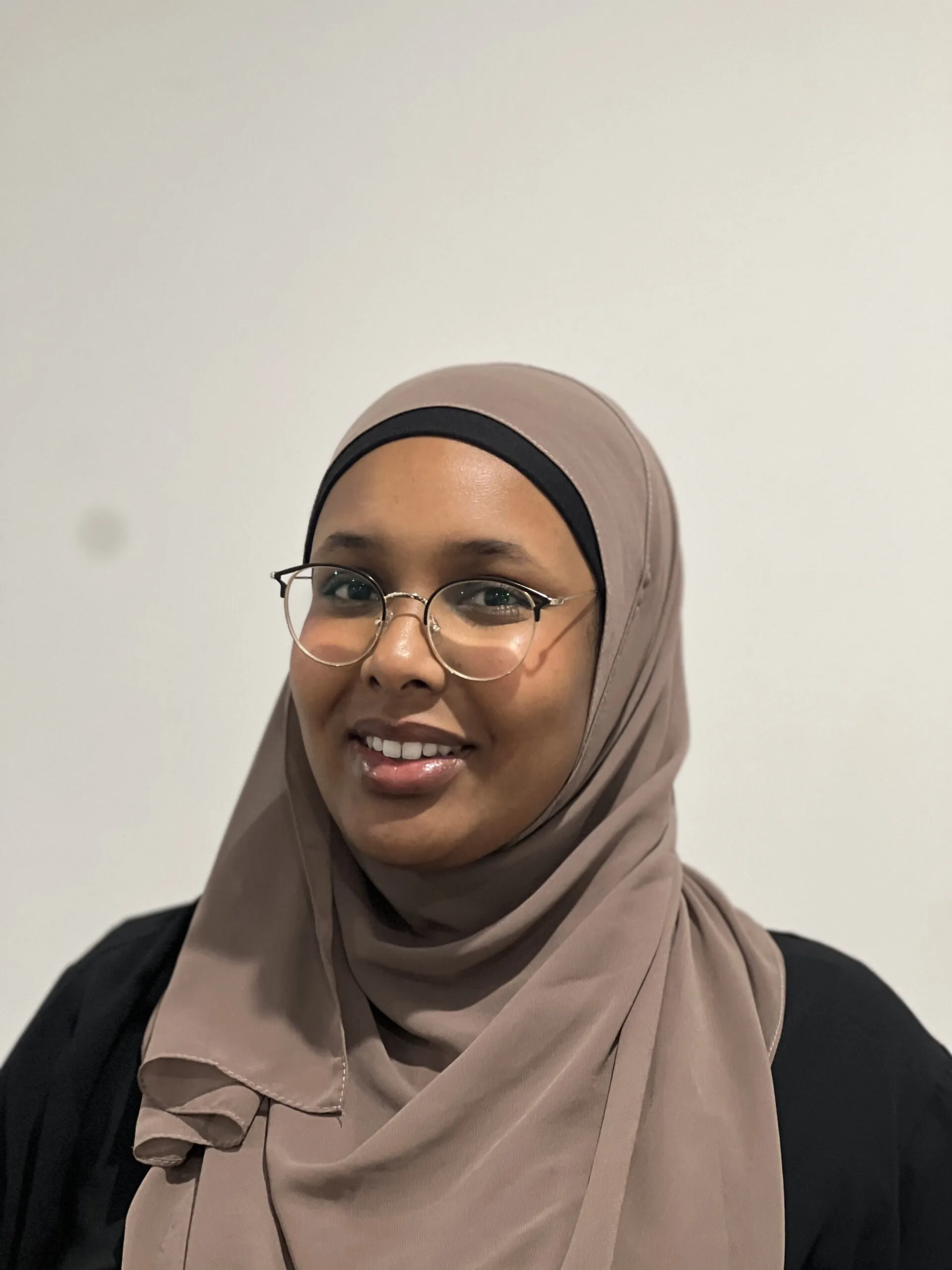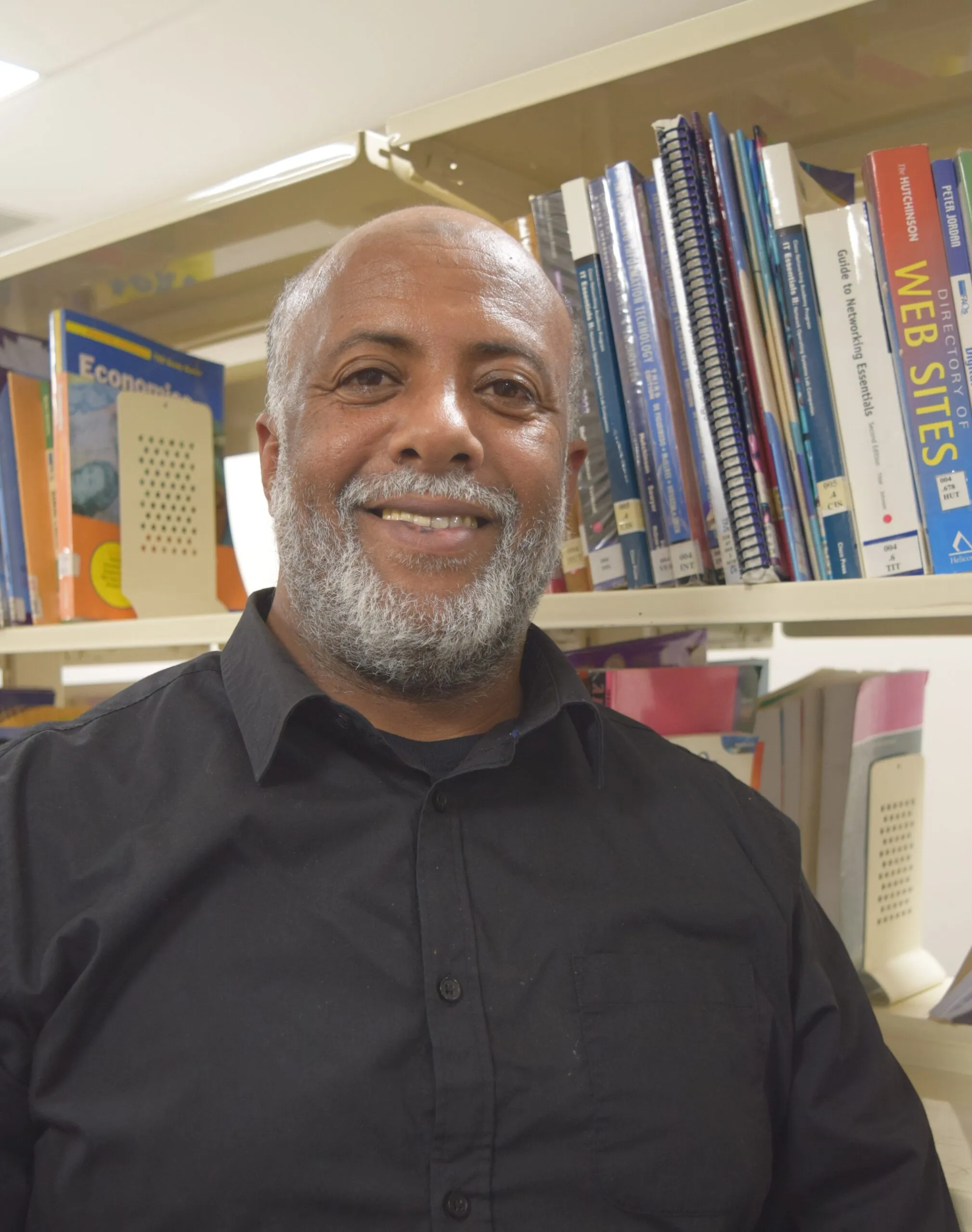In this video, Year 5 teacher Safia Barre shares how the school-wide implementation of The Literacy Solution has transformed her classroom practice and lifted student engagement and comprehension.
[5:43]
See Every Student: The Literacy Solution in Action
Transforming Literacy Across Campuses: The Story of Australian Islamic College and Renaissance
When it comes to nurturing a love of reading and measurable literacy progress, few stories are as compelling as that of Australian Islamic College (AIC). With six campuses across Perth & Adelaide and over a decade of using Renaissance solutions, AIC has not only embedded literacy into the fabric of school life, but consistently outperformed national averages, and the data proves it.
A Proven Leader in Literacy
CEO Abdullah Khan has played a pivotal role in embedding Renaissance literacy solutions across the Australian Islamic College (AIC) network and beyond. Since first encountering the program during his early years with AIC in the early 2000s, he has introduced it into every school he has led, including another Australian school as Principal, and even to an international school in Doha, Qatar.
“I am a strong advocate of improving reading through a data-driven approach,” Khan shares. “Wherever I have worked, from Perth to Doha, I have introduced this program because it works. It helps close literacy gaps, supports diverse learners, and fosters a love for reading.”
Upon returning to AIC as CEO in 2011, he expanded the literacy strategy even further. “We were dealing with high student turnover, and many new students came in with different literacy skills. Star Reading and Accelerated Reader allowed us to assess their levels quickly and start targeted intervention. Now, with improved retention and students staying with us from early years through to graduation, we have seen even stronger results.”
Today, the Renaissance program is a core part of AIC’s teaching and operational strategy, one Khan continues to refine as the network grows. “Our reading data is improving year on year. Many students are reading two years above their expected level, and our schools are consistently among the top 20 in NAPLAN.”

School-Wide Engagement, Above-Average Results
In 2024, students across AIC’s five campuses achieved:
55
million words read
55,694,078 words read through Accelerated Reader
26k
quizzes completed
26,767 quizzes completed in Accelerated Reader
34k
books read
34,113 books read in myON digital library
As of July 2025, students have already:
Surpassed 2024 benchmarks, with more students performing above average in Star Reading compared to the same time last year
51
million words read
51,549,648+ words through Accelerated Reader – nearly matching the entire 2024 total
9k
quizzes completed
9,000+ quizzes completed in Accelerated Reader
11k
books read
11,000 books+ read on myON
Additional highlights:
- The newest campuses, Henley Brook and Forrestdale, are showing rapid uptake, quickly catching up to the original campuses in literacy performance
- The consistency of results across all five campuses reflects strong implementation and strategic oversight from AIC leadership
In the Classroom: Safia’s Story – Building Better Readers with Data
For Year 5 teacher Safia Barre, the impact of Renaissance’s literacy tools is both measurable and visible. Working in one of AIC’s larger campuses, she teaches students from highly diverse backgrounds, many of whom speak English as an additional language.
“One of the biggest challenges I have seen is comprehension,” she explains. “Students can decode words, but struggle to truly understand and engage with the text. That is where Accelerated Reader quizzes come in. They push students beyond surface reading and make sure they are grasping the content.”
Safia’s literacy block is highly structured. Her students start with the Star Reading assessment each term, which helps her group them by ability and track their progress. These results guide not only her reading groups but also her text selection, classroom strategies, and differentiation planning.
“Star helps me pinpoint where students are, and where they need to go next,” she says. “I can group them by Lexile levels and create tailored comprehension activities. It takes the guesswork out of planning and helps me support struggling readers without making them feel left behind.”
She has also integrated myON digital library into her rotations, giving students autonomy and access to thousands of books at their level. “Because our library gets so much traffic, sometimes the physical books at the right level are gone. myON gives every student the chance to find something relevant, no matter what.“
Beyond access, Safia’s students are thriving on motivation. A layered reward system, from class points to school-wide token draws, encourages students to not just read, but to read with purpose. “If they score 100% on an AR quiz, they earn group points or tokens. And the pupils are excited. They are choosing nonfiction texts related to science topics, sharing recommendations, and genuinely enjoying reading.”
One pupil, Ikra, surprised Safia this year. “She is not the pupil you would expect to be constantly reading, but when I checked the data, she had read more books and completed more quizzes than anyone else in the class. And her comprehension scores were outstanding.”
Safia uses the Star Reading data to form differentiated reading groups and design comprehension activities that group students by Lexile and tracking fluency and understanding. “It is all about giving students achievable goals,” she says. “And over time, the extrinsic rewards fade. They just build reading into their daily habit. That is when the transformation really happens.”

Literacy in the Library
For Idris Hamid, high school librarian and long-time Renaissance user, the program’s success in primary libraries is evident in daily engagement and reporting. “Every student takes the Star Reading test at the start of term. We guide them to books at their level, and their quiz scores determine if they move up, stay, or drop down a level.”
If a student forgets or loses a book, myON becomes their access point to continue reading. “It is an excellent backup, and we use it to keep everyone engaged,” Idris adds. He also generates campus-wide reports that help school leaders identify performance trends and intervene where needed.
“We use the data to meet with teachers, make plans, and support students who need extra help. It is not just about books and tests. It is a whole-school effort to keep literacy progressing.”


Principal Perspective: Encouraging Reading in a Changing Landscape
With over 22 years at Australian Islamic College and more than 12 years as Principal at the Kewdale campus, Mohammed Nazar Ahmed Khan brings deep experience and a candid perspective on the school’s literacy journey.
“Reading is compulsory at our school,” he explains. “Students are reading more because we build it into our timetable and encourage the habit.”
Each week, students at AIC Kewdale engage in structured reading blocks using myON and Accelerated Reader. While Principal Khan acknowledges that digital reading access has changed how students engage with content, he sees opportunities for evolving how the program is used.
“I like myON because there are a lot of books available – especially for students who may not have physical books at home,” he says. “But I’ve now made it compulsory for teachers to select particular books for students to read and reflect on. They’ll write about the author, summarise a chapter, and describe characters. That’s how we’re going to improve comprehension and engagement.”
He sees value in reinforcing personal reading habits outside the classroom too.
“My theory is every student must have a personal library. When they go to the shops, I want them to head to a bookshop instead of a toy shop.”
Renaissance has worked closely with AIC leadership to support content filtering and cultural alignment across platforms, ensuring resources meet the diverse needs of the school community.
“Follow-up is very important,” Principal Khan notes. “We want students not just to complete a test, but to understand what comes next.”
Looking Ahead
With rapid campus expansion and plans for additional schools already underway, AIC is only gaining momentum. “We opened two new schools last year, and on day one, they were full,” CEO Abdullah Khan says. “And we are continuing to invest in facilities and programs to meet demand.”
Part of that future includes expanding the use of Renaissance’s broader assessment tools. “We are interested in taking a whole-student approach, combining cognitive ability, well-being, and literacy,” CEO Abdullah Khan confirms.
But at its core, the mission remains the same: ensuring every student has the tools, motivation, and support to become a confident reader for life.
